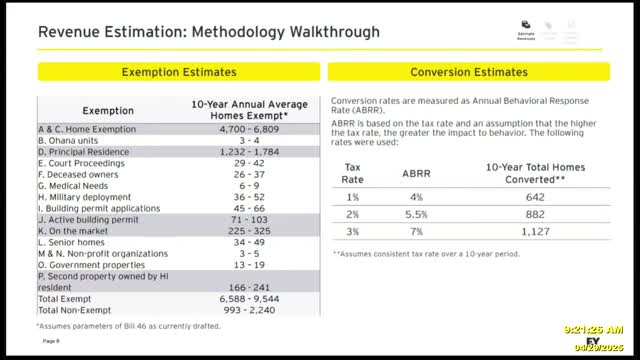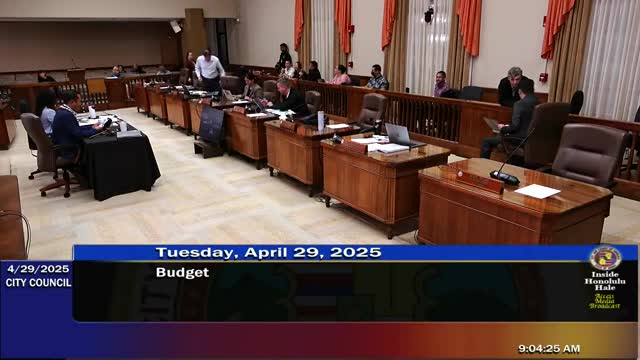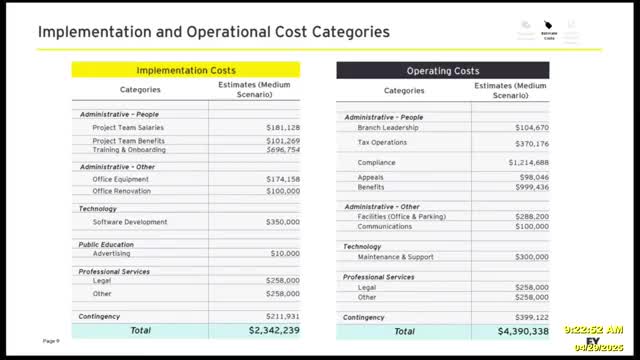Article not found
This article is no longer available. But don't worry—we've gathered other articles that discuss the same topic.

Honolulu bond counsel warns rate cuts could breach covenants as council debates phased sewer‑fee increases

Consultants say Honolulu empty‑homes tax could raise tens of millions; key design choices still unresolved

